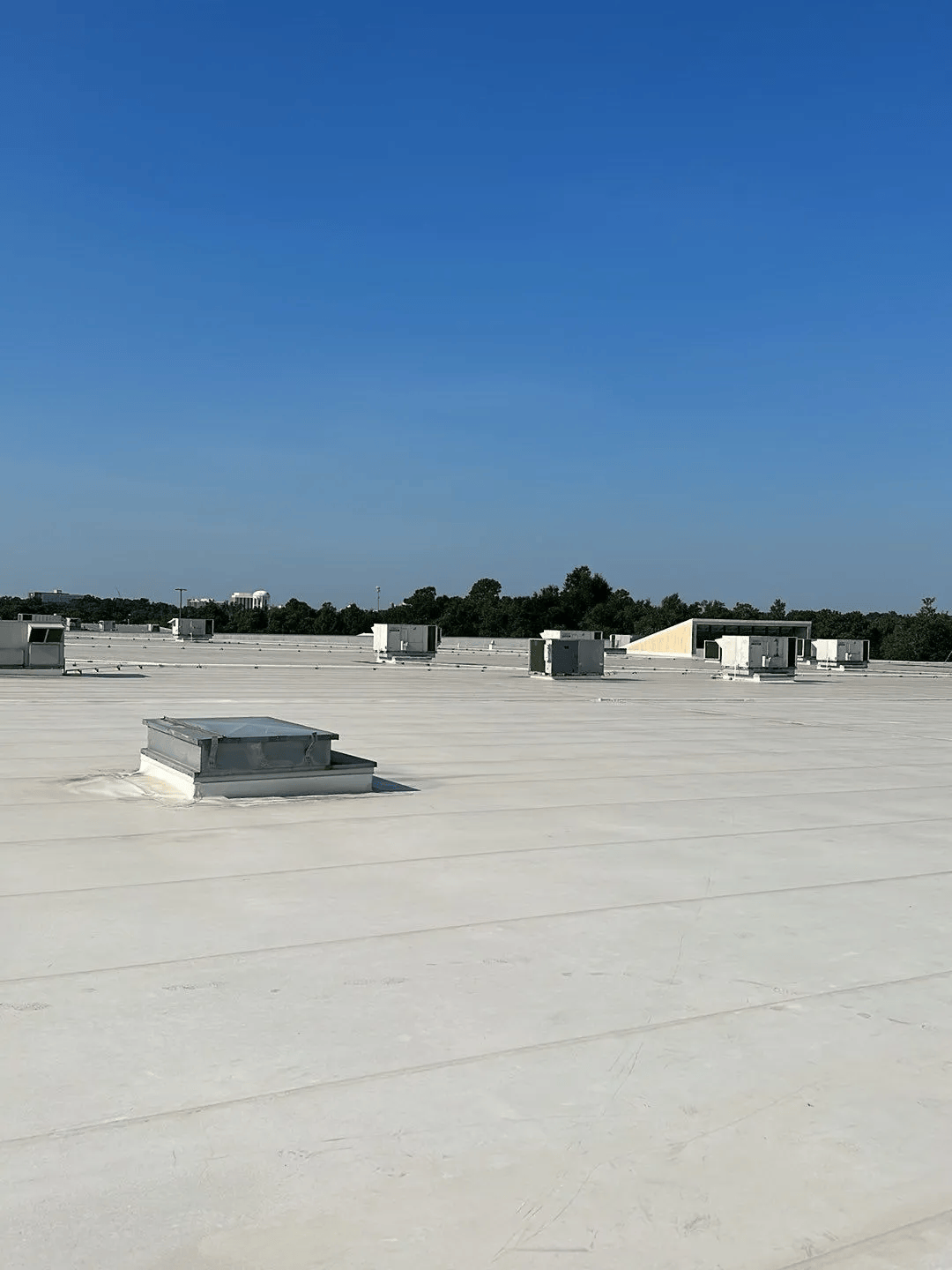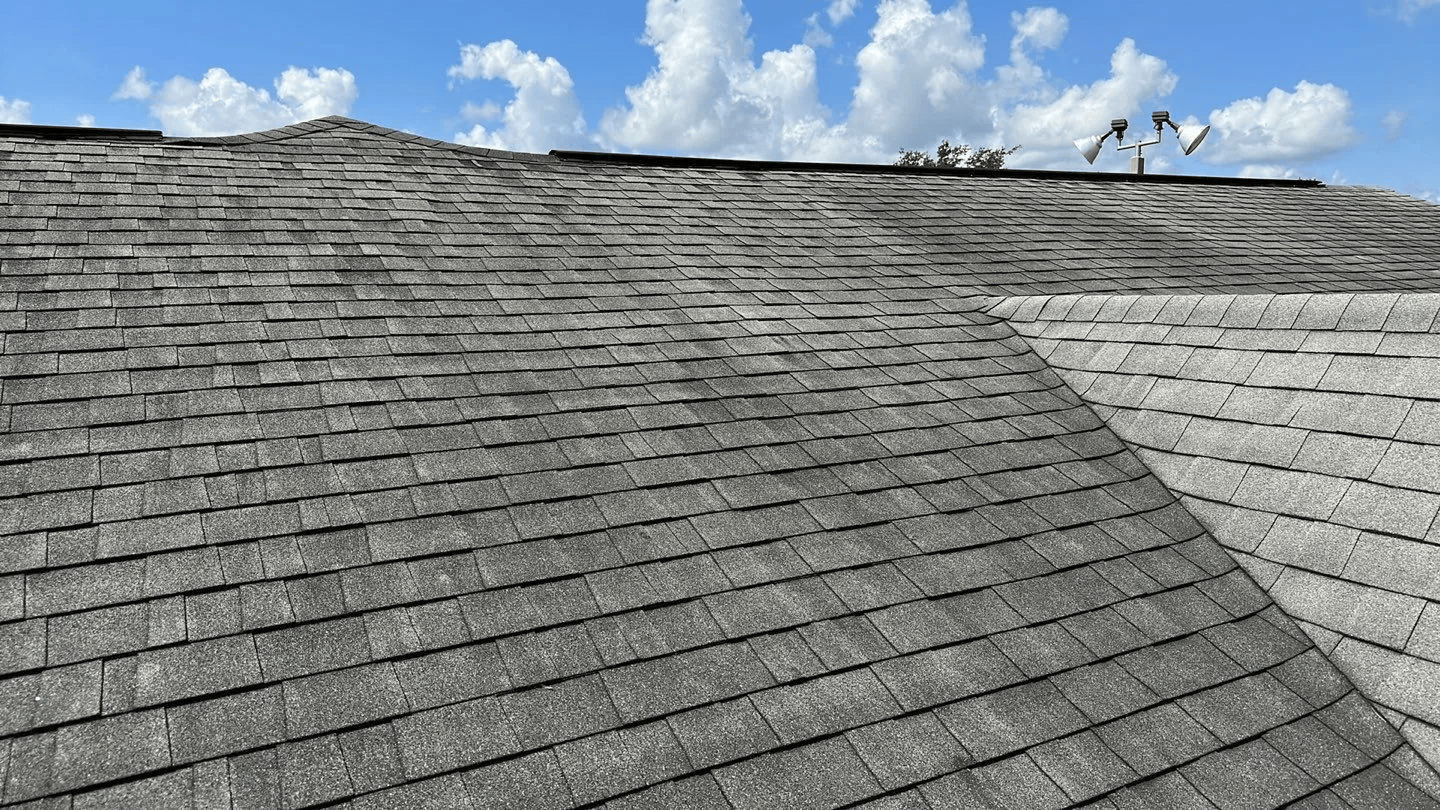Essential Things to Know About Commercial Roofing Warranties
When getting a new roof, among the first things you should consider are warranties. Property owners should be aware of what is and isn’t included in their roofing warranties. This coverage provided by the roofer and manufacturer is essential because it guarantees that the roof will perform as expected. It will also protect you against manufacturing defects, which could affect the lifespan of your new roof.
What Are the Different Types of Manufacturer Warranties?
No Dollar Limit (NDL) Warranty
A Manufacturer’s NDL Warranty covers defective products or failure of products even when used correctly within the warranty period. The manufacturer would replace the defective products regardless of the cost. Even if fixing the problem costs more than the actual roof replacement, the manufacturer should still cover it. Premature aging and manufacturing defects are the usual material-failure-related issues.
Keep in mind that this guarantee will only cover materials directly purchased from the manufacturer. It means that an NDL Warranty will not pay for the cost of a roof leak that occurs due to fixtures on your roof, such as exhaust vents. This type of warranty usually does not cover labor costs to repair or replace the affected materials. Many manufacturers have an additional fee for this warranty.
Labor and Material Warranty
Your manufacturer may cover your roof repair costs if the damage occurred due to defective materials or workmanship. Labor and material warranty has a certain dollar limit, usually depending on the size of your roof. You can quickly reach the limit of the coverage if you have a large roof. Most times, labor and material warranties are pro-rated. It means that the coverage for replacing or repairing damaged components reduces over the years.
Material Warranty
Material warranties guarantee that the products of the manufacturers will not fail within a specified time. This type of warranty usually has a validity period of 10 to 30 years or more. Most times, you will not be asked to pay a fee for manufacturer material warranties. However, the materials your roofer uses are not directly from the manufacturer. This still depends on the manufacturer as some cover certain types of poor workmanship.
Roof System Warranty
This type of warranty only covers the membrane of the commercial roofing system. It is not comprehensive and does not provide coverage for insulation or decking issues. A roof system warranty can have no dollar limit or limited coverage, improving its value and covering roof leaks due to poor workmanship or defective materials. Moreover, it is the most basic warranty that commercial and residential roofing manufacturers offer.
What You Need to Know About Contractor Warranties
Roofing contractors typically offer workmanship warranties. Remember that even the strongest roofing products can fail when not installed correctly. Poor workmanship can lead to leaks and even early failure of your new roof. Contractor warranties cover the work done to install the products of the manufacturer. It may also cover the products your contractor uses to install the roof.
The length of the coverage of your roofing contractor’s warranty says a lot about their company. The longer the validity of the warranty is, the more confident commercial or residential roofing contractors is about their skills and the quality of the materials they use.
How Do You Know Who Is Responsible for Your Roofing Problems?
When Are Property Owners Responsible?
As a property owner, it is your responsibility to handle costs not covered by the manufacturer’s and roofing contractor’s warranties. You also need to maintain your commercial roof regularly to keep your warranty valid.
Many manufacturers and contractors state in their contracts that proper care is necessary to maintain the validity of warranties. Roof damage due to neglect is typically not covered by your warranty. By investing in routine maintenance, your roof will last longer, and you will also have the required documentation in case there’s an issue with the system.
When Do You Need to Contact Your Roofer?
Your contractors are responsible for repairing and replacing defective products they used on your roof. They should also provide the labor necessary to correct installation errors at no cost as long as the warranty remains in effect. Check the coverage of your roofing contractor’s warranty as they are typically not as long as manufacturer warranties. At Total Roof Services Corp., we work with leading manufacturers to provide you with some of the most comprehensive warranties in the industry. You can only expect the best service if you choose us for your emergency roof repair or roof replacement needs.
When Is It Necessary to Reach Out to the Manufacturer?
The manufacturers should replace their defective products without charge for the validity of the warranty. However, they are not responsible for replacing materials that the contractor supplies. They won’t also cover defects caused by improper installation.
What Can Void a Commercial Roofing Warranty?
Failure to Address Storm Damage
Extreme weather events can cause significant damage to your commercial roofing system. After a storm, it is always a good idea to have your roof checked by a professional. It’s not a good idea to wait until the next scheduled maintenance to get an inspection. Take photos of the affected parts of your roof, and have them addressed as soon as possible.
Neglect or Not Maintaining the Roof
Poor maintenance is one of the most common causes of early commercial roofing system failure. If you don’t take care of your roof regularly, water can settle on the low spots of the system. Over time, the water will get too heavy and encourage algae growth. When the roof starts to leak, the water will enter your building. It means you will not only pay for the cost of repairing the roof, but also the affected parts of the interior.
Be sure to document everything that is done to your roof. Your contractor or manufacturer may ask for proof of maintenance to keep your warranty valid.
Unauthorized Changes to the Roof
Placing equipment or certain types of construction on your roof can damage the system. For instance, adding new air conditioning equipment to the rooftop can harm your roof. Anything that you are planning to change or add to your roof must be done by an authorized professional. If a tenant hires another contractor or does the project themselves, your warranty could be voided.
Turn to Total Roof Services Corp. for your home’s and business’ roofing needs. Whether you need an emergency roof repair or a roof replacement, we’re here to help. Call us at (407) 495-4151.




